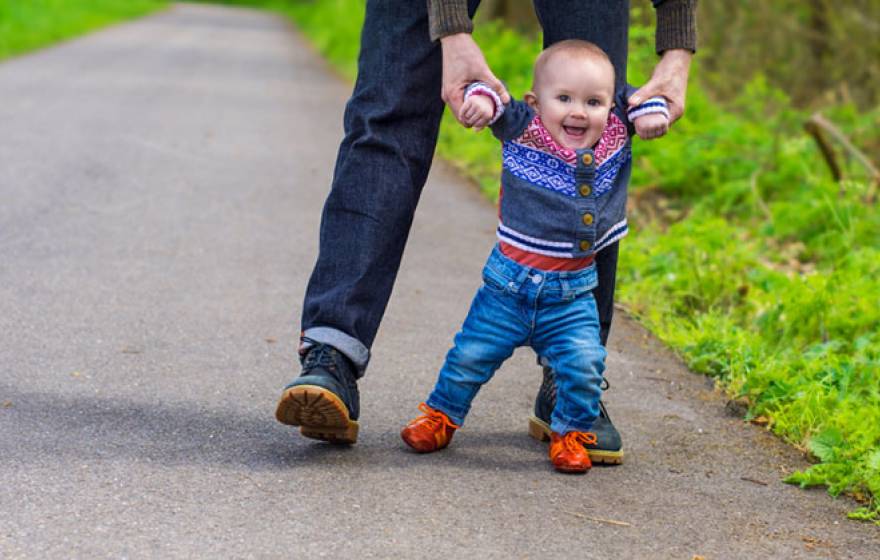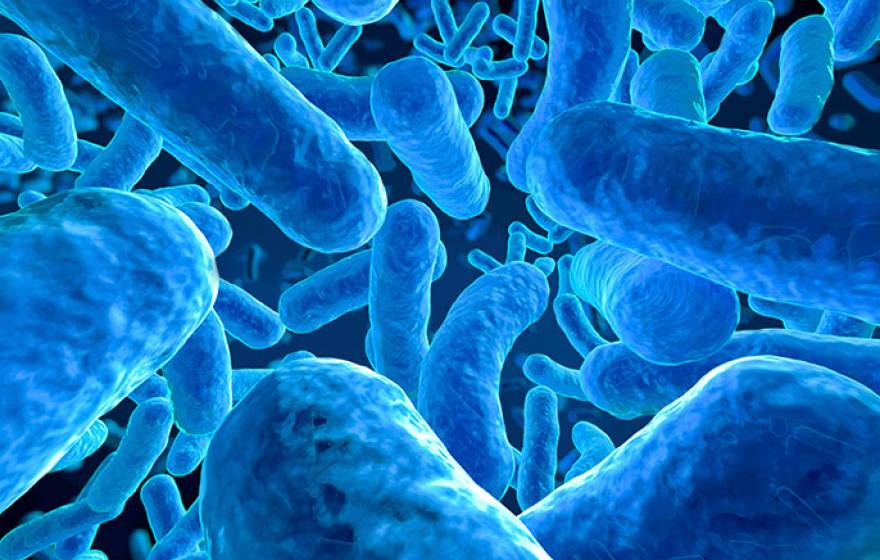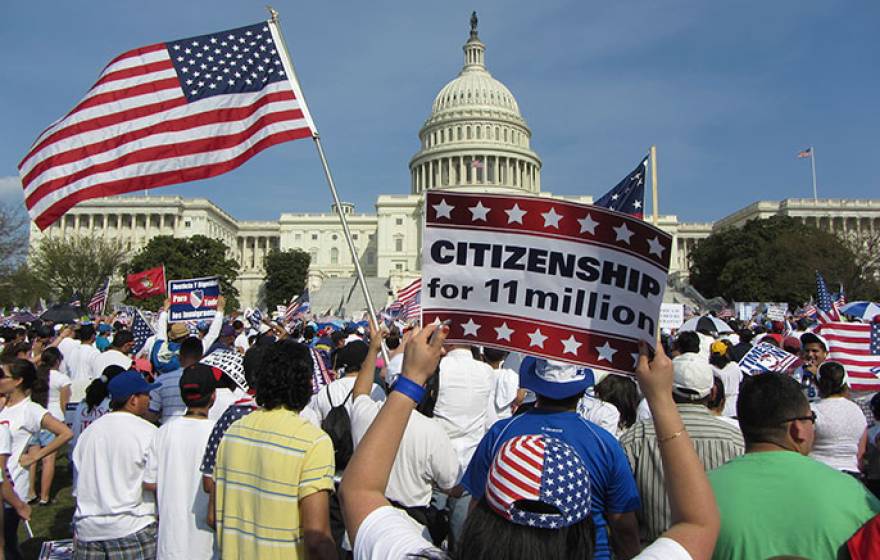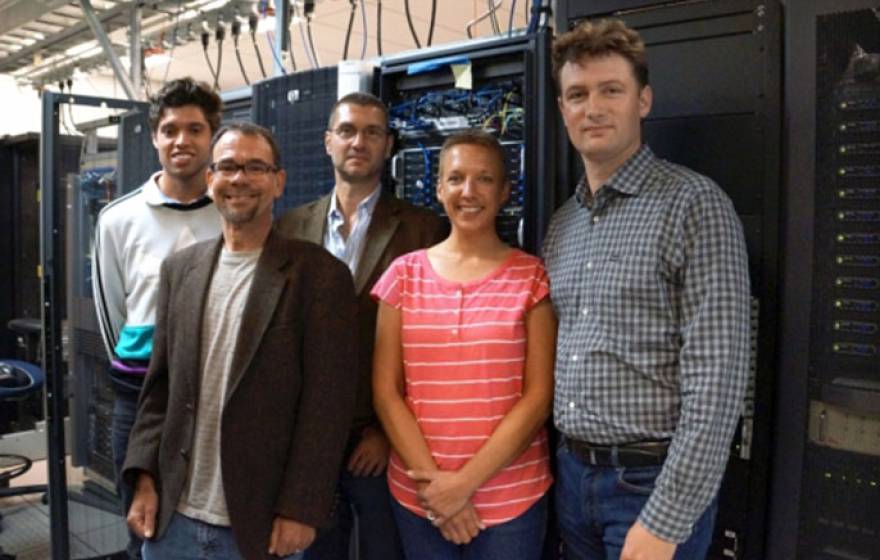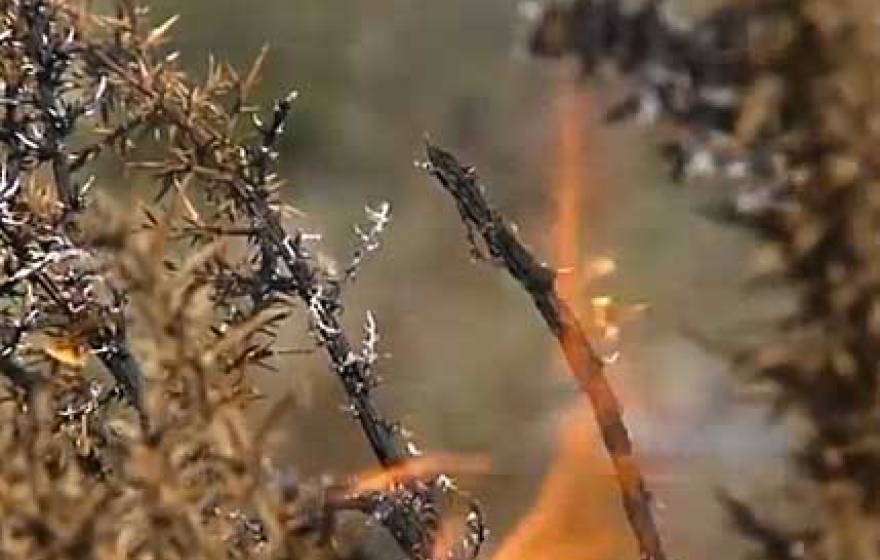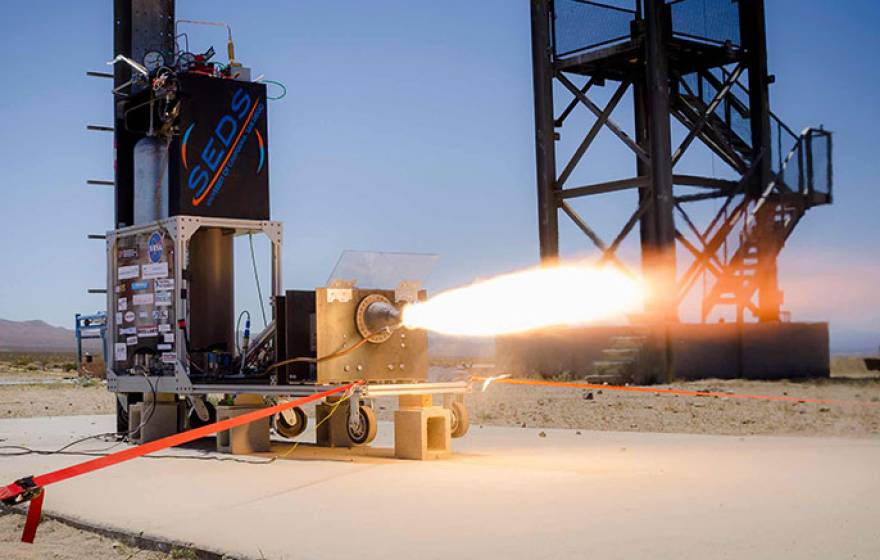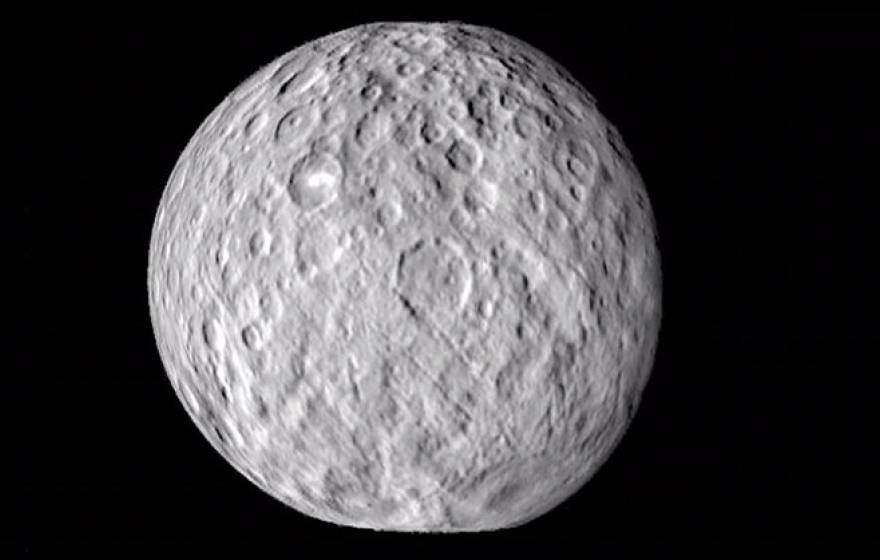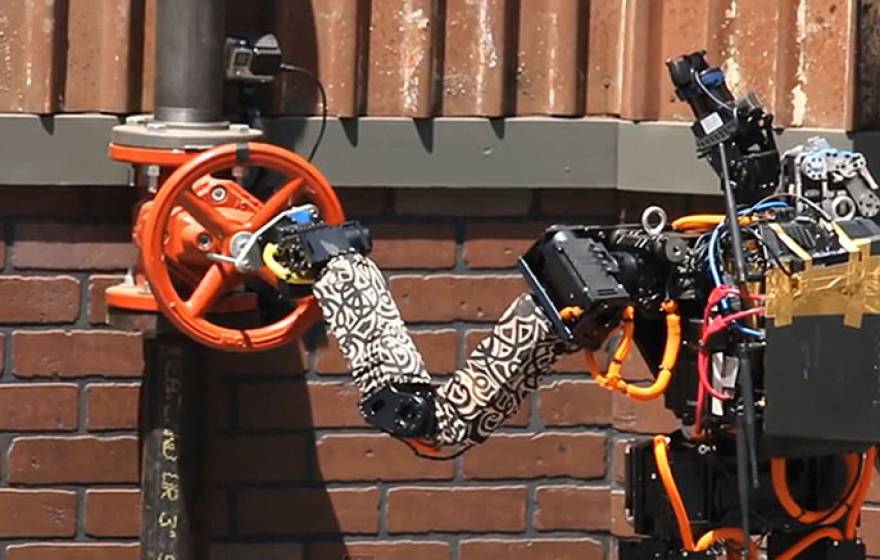UC Merced |
In any language, learning to walk and talk are linked
Walking infants are better able to speak and understand their native language — regardless of what language that may be — than crawling infants of the same age.
UC Irvine |
A third of world's biggest groundwater basins are in distress
Reserves are likely far smaller than previously thought, and some may have only decades left before running dry.
UC Berkeley |
Scientists devise molecular lock and key to control GMOs
Bioengineers 'put ignition switch onto a handful of the bacteria’s essential genes' to prevent their accidental escape.
UC Office of the President |
UC tops list of universities granted U.S. patents
UC was granted 453 utility patents in 2014 for discoveries made by its researchers. As of June 2014, the university had 4,448 active U.S. patents in total.
UC Riverside |
California leads on immigration reform, state citizenship
Public policy experts see White House taking a back seat to states on immigrant integration in the absence of congressional action.
UC Santa Barbara |
From data to tomato
UC Santa Barbara, UC Davis and PowWow Energy receive funding from the California Energy Commission to deploy method to measure groundwater use and to help growers deal with state's water crisis.
Al Jazeera America |
Native traditional methods revived to combat drought, wildfires
UC Santa Cruz arboretum works with local tribes to apply traditional knowledge of forest stewardship to preserve water and create wildfire buffers.
UC Berkeley via The Conversation |
Health care cost-sharing prompts consumers to slash medical spending
Consumers appear to cut their medical care spending when deductibles go up, even when it doesn't make any sense.
Lawrence Berkeley Lab |
Leaving on a biofueled jet plane
Researchers develop a process to create drop-in aviation biofuel that won't gel at the low temperatures of the stratosphere.
UC San Diego |
3-D printed rocket engine aims for flight record
Student engineering team is shooting for a 10,000-foot flight at upcoming rocket competition.
UCLA |
UCLA-led NASA mission eyes dwarf planet Ceres
First images from Dawn spacecraft produce up-close, 3-D model of the ‘mysterious’ terrain of the orb between Mars and Jupiter.
UCLA |
Humanoid robot flexes its muscles at international competition
Robotics expert's team seeks to build a robot that can go places where humans cannot.
